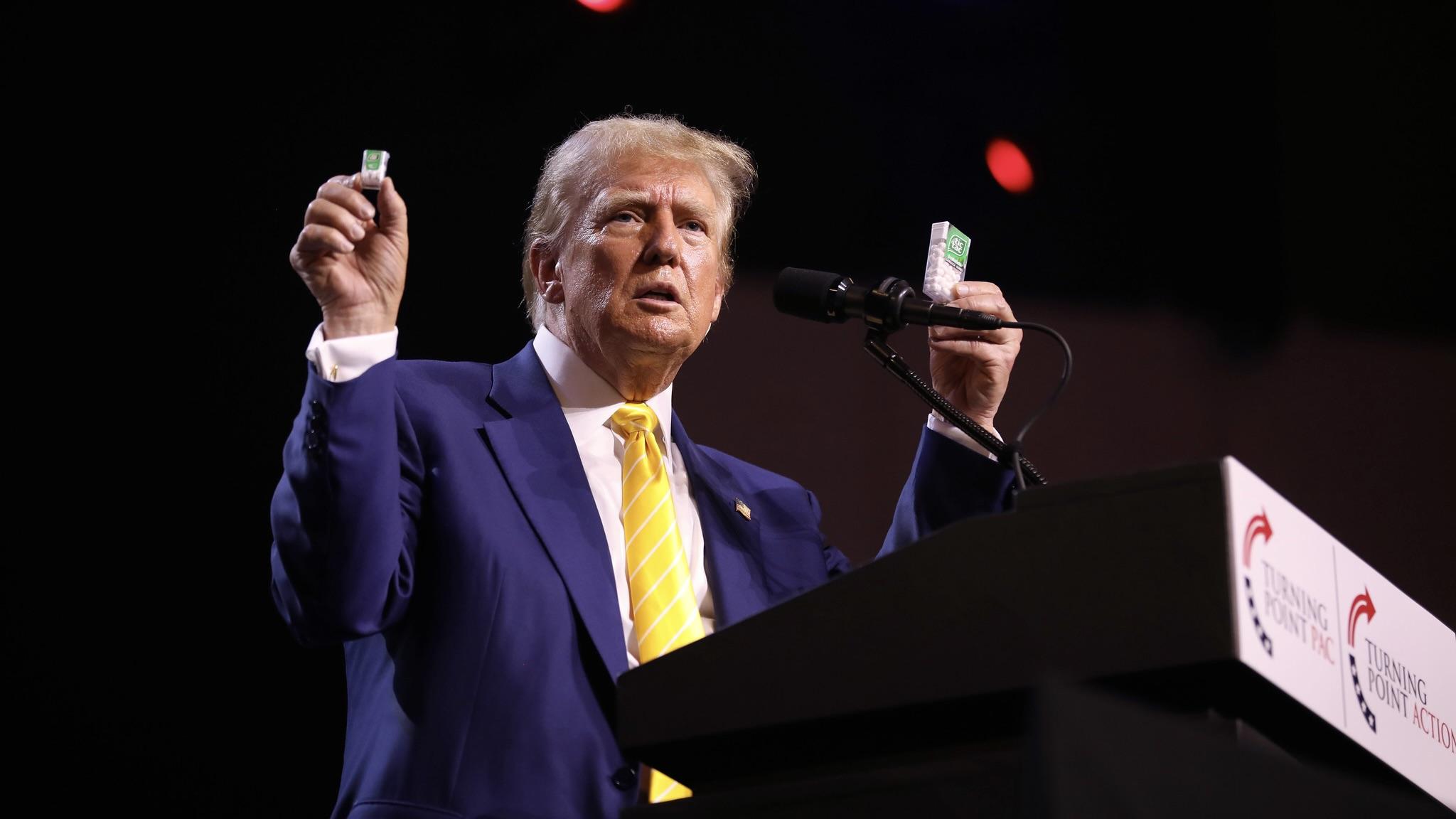U.S. District Judge Katherine Polk Failla ruled Friday that the Department of Justice (DOJ) does not need to conduct a further review of potential exculpatory evidence in the case against Tornado Cash developer Roman Storm. During the 30-minute hearing, she stated there were no Brady violations—referring to the legal obligation for prosecutors to disclose evidence favorable to the defense.
Storm's legal team raised concerns about a FinCEN-related conversation that occurred in a separate DOJ case against Samourai Wallet developers. The prosecutors in Storm's case were not part of that conversation, leading defense attorney Brian Klein to question when the DOJ became aware of it. He argued this was relevant, especially given the government's continued theory that Storm conspired to operate an unlicensed money transmitting business.
Klein pushed for clarity, asking, “Who are they supposed to be licensed with?” However, prosecutor Thane Rehn, known for his role in the Sam Bankman-Fried trial, stated the government would not argue that Tornado Cash needed a license, noting, “The word ‘license’ doesn’t apply here.” Instead, the prosecution will attempt to prove that Storm knowingly transmitted criminal funds.
Judge Failla emphasized the distinction between information that is simply of interest to the defense and what qualifies as a Brady violation. She also cautioned the DOJ against altering its legal theories so close to trial, which is scheduled to begin in less than two months.
The outcome of this high-profile case could set a precedent for how privacy-focused crypto tools like Tornado Cash are treated under U.S. law, especially regarding AML (anti-money laundering) regulations and developer liability in decentralized finance (DeFi).




























Comment 0